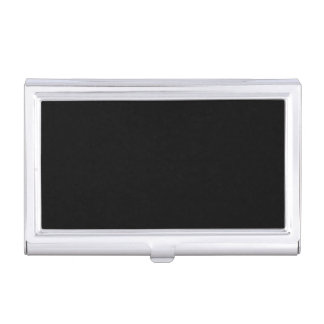They say the secret to mastering negotiations is seeing and not thinking. One should negotiate in the present and focus on the facts, otherwise it will be impossible to catch up and guess what will happen next. Anticipation is the key to success in business. To predict an opponent’s moves, you have to adopt a special mindset called “discovery-vision-insight.” Simply put, you’re switching your focus from thinking to seeing.
In negotiations, thinking can be dangerous
In today’s extremely competitive business world, the thinking-cognitive mindset is an omnipresent minefield. Analysis, critical thinking, mastering sophisticated and elaborate tools and models such as SWOT examinations, scenario planning, financial modeling, and cost-benefit analysis have gone the mainstream. These techniques are broadly used by companies to reduce risk and help their businesses thrive. Most people are compelled to rely on their intellectual abilities, and some don’t realize that over-thinking an idea can have dreadful effects.
Negotiations are often associated with logical reasoning, hypotheses, expectations, guesses, and assumptions. Many business individuals think too much, and they eventually obsess over facts that can’t lead to anything good. Why bother trying to guess an opponent’s next move, when you should stay focused on your own strategies? Should you be questioning every statement made by a partner just because their business is more successful than yours? No absolutely not. Stop thinking about others and focus on what you want and deserve. Be a good listener, observe, and act.
See, don’t judge
As human beings, we’re used to judging and criticizing everything and everyone around us. During a negotiation, you should just focus on seeing what’s right in front of you. Ask yourself four very simple questions:
- What am I trying to achieve with this negotiation?
- What am I seeing in front of my eyes?
- Who am I seeing?
- How do I want this deal to end?
Although first appearances matter a lot in business, just because your opponent looks terrified, it doesn’t mean that he’s actually terrified. Let’s not forget that unethical negotiation techniques and sneaky strategies are extremely common, and they’re usually used when you least expect it. Judging can often lead to bad deals. A fancy suit, an expensive watch, and an aggressive attitude can often be more powerful than your opponent’s speech. Pay close attention to what they’re saying, assess every claim, and don’t let them intimidate you with their appearance.
For the discovery-vision-insight mindset to flourish, you have to see without evaluating or judging. Empty your mind and ward off assumptions and expectations, whether positive or negative. Be ready to see and discover, gain insight and only form an opinion based on real facts. Assess behavior, body language, tone of voice, and embrace discovery. You may not want to admit it, but oftentimes opponents have a lot to teach you.
Don’t let emotions get under your skin
Every human being is an emotional individual. In business, people should hide emotions. Whether you’re an expert negotiator or a beginner, it’s often impossible to get rid of your anxiety, excitement, fear, or concern, and that’s OK. It’s all about control. As long as you choose not to let your nerves get the best of you, nobody will ever guess what you’re feeling. Keep your cool and never lose your temper; don’t allow opponents to use manipulative techniques to get what they want. For those who value knowledge, experience, know-how, and expertise, here’s something to think about: sometimes, the utmost power of a business negotiator is to pretend he doesn’t know what the other party is talking about. This technique is more like a safety measure you can use if the other side is trying to manipulate you, or lie to you.
There are many secrets to successful business negotiations entrepreneurs and leaders are not using. They don’t have the courage to take a risk, and since they lack negotiation training, they would rather stick to basic strategies rather than trying something new. To win in business, you have to think outside the box. Otherwise, you can be perceived as weak, naive, or inexperienced. Seeing can be a lot more important than thinking — observe, assess behavior, listen and only afterwards you can make an opinion. Appearances are deceitful, especially in negotiations.







No comments:
Post a Comment